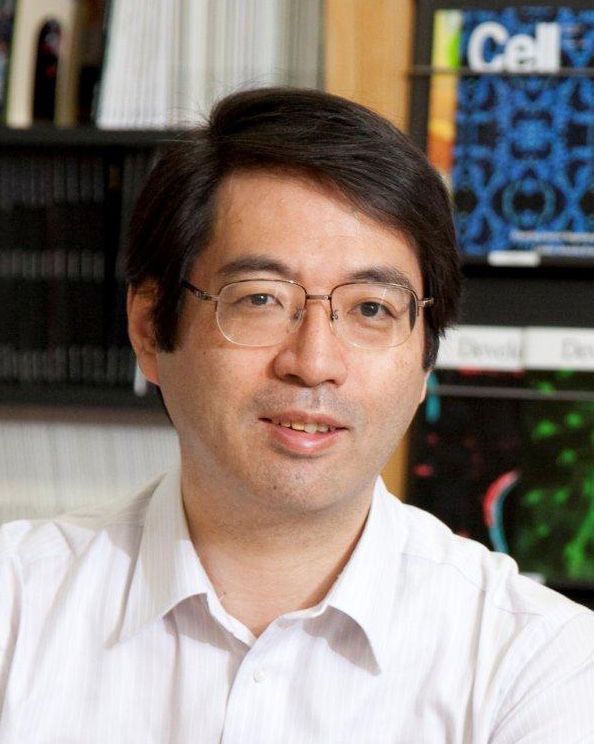
Embattled Stem Cell Scientist Dies in Apparent Suicide

A Japanese stem cell scientist who was involved in research that was reported to be forged appears to have committed suicide, The Guardian reported.
Yoshiki Sasai, who was deputy director of the RIKEN Center for Developmental Biology in Japan, was a co-author on a set of research papers on stem cells (unspecialized cells that can develop into one of many kinds of body tissue), which were shown to be falsified, and were retracted after they were published. He was 52.
Sasai was found hanging in a stairwell of a building next to the Center for Developmental Biology just after 9 a.m. local time Tuesday (Aug. 5), and pronounced dead shortly after, Japanese media reported.
"The world scientific community has lost an irreplaceable scientist," RIKEN President Ryoji Noyori said in a statement.
Sasai was known for his work in nudging embryonic stem cells to develop into other kinds of cells. In 2011, he used the cells to mimic an early stage in eye development known as theoptic cup, in a lab dish, Nature News Blog reported.
However, he has been embroiled in a scandal over two papers published in January in the journal Nature, describing a new method of producing embryonic-like stem cells, known as stimulus-triggered acquisition of pluripotency (STAP). The papers came under scrutiny in March, and were retracted in July.
The studies' lead author, RIKEN Center biologist Haruko Obokata was charged with scientific misconduct. Sasai was cleared of direct involvement, but some have criticized him for showing a lack of oversight of the papers.
Sign up for the Live Science daily newsletter now
Get the world’s most fascinating discoveries delivered straight to your inbox.
An independent committee called for the Center for Developmental Biology (CDB), which Sasai helped found and mold into a world-leading research center, to be dismantled.
A bag found near Sasai's body contained letters addressed to the CDB management, to Sasai's laboratory members and to Obokata, according to the reports.
Follow Tanya Lewis on Twitter and Google+. Follow us @livescience, Facebook & Google+.











